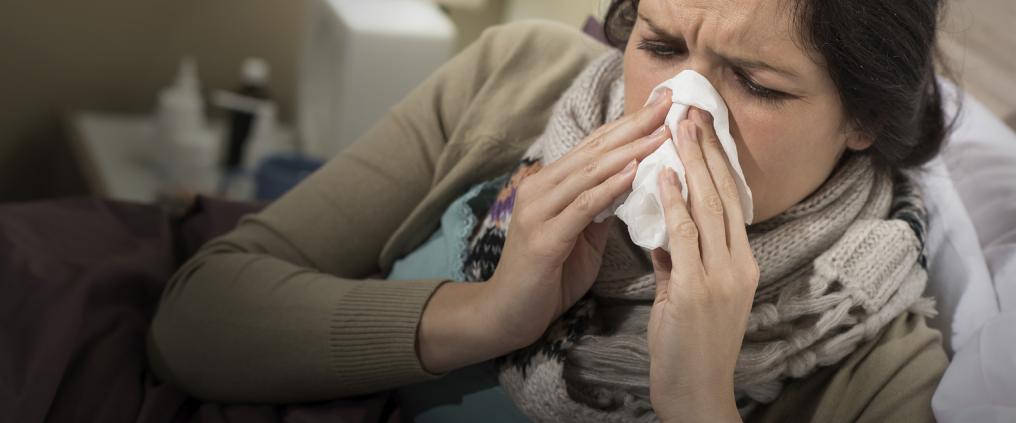Whether you’re coughing, sneezing, or experiencing flu-like symptoms – or seated next to someone who is – finding yourself in this type of predicament is somehow inevitable when flying during the colder months. The question remains: Should you travel when you’re sick?
The decision to push through with your trip or not is sometimes a complicated one because it’s influenced by a number of factors. The purpose of your journey is often given chief importance, as is whether your plane ticket and other details such as hotel accommodations, among others, can be changed, rebooked or cancelled.
While trusting your common sense and listening to your body are foremost, here are other things to consider before you travel when if you’re not feeling too well:
- Consult your doctor: That little cold you have could potentially get worse. Seek treatment while it’s early enough and get a flu vaccine at least two weeks before your trip.
- Check your insurance policy: Travel insurance often covers the cost of a cancelled trip if you have a medical certificate of your illness. Assess your options and read the fine print.
If you really must fly:
- Drink lots of water. Flying can dehydrate you, so drink a lot of water and avoid caffeinated beverages as much as possible.
- Be sensitive to those around you: Suppress that cough or other symptoms with over-the-counter medicine. If you have a cold but not a fever, you can fly, but it is, of course, polite to take other passengers into consideration. Turn away from other people if you are going to cough or sneeze.
- You’re seated next to a sick person – what now? If you think the person next to you seems too unwell to fly, ask the flight attendant if it’s possible to change your seat. When seats are available, airline personnel will usually try to honor your request.
When you arrive at your destination:
- Ask for a local doctor recommendation: If you’re symptoms become more severe or you feel worse, ask your concierge to help you find a nearby medical facility.
- Don’t shake hands: Avoid shaking hands if you have cold or flu symptoms. Aside from keeping your hands off your face, eyes, nose and mouth, be mindful of what you touch –– and don’t pass along the flu.
Pharmacies are available at the following airports:



